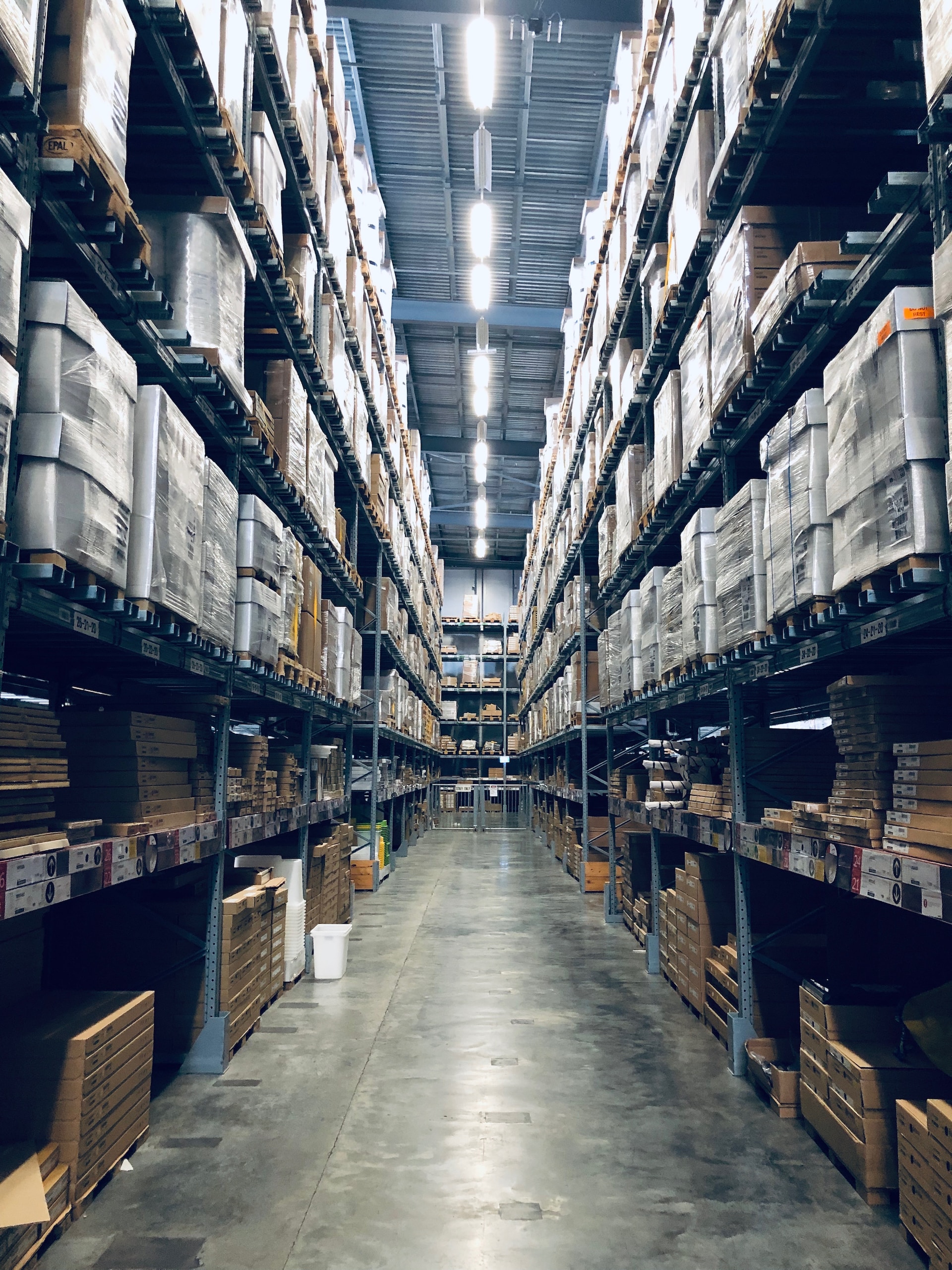The manufacturing industry has always been an essential part of the US economy, but it’s facing significant challenges in the modern era. From global competition to changes in technology and the workforce, manufacturing companies are struggling to adapt to an ever-evolving landscape.
One of the biggest challenges facing US manufacturing companies today is competition from overseas. Low-cost labor and favorable tax policies have made it attractive for companies to move their operations offshore, leaving many US manufacturers struggling to compete. In addition, trade policies and tariffs have added uncertainty and complexity to the international marketplace, making it more difficult for US companies to export their goods and compete on a level playing field.
Another significant challenge is the rapid pace of technological change. Automation, robotics, and artificial intelligence are transforming the manufacturing industry, but many US companies are struggling to keep up with these changes. This is particularly true for small and medium-sized businesses, which often lack the resources and expertise needed to invest in new technology and implement it effectively.
Another challenge is the evolving workforce. As baby boomers retire, the manufacturing industry is facing a shortage of skilled workers, particularly in areas like engineering and technology. This shortage is leading to higher wages and increased competition for talent, making it more difficult for companies to attract and retain skilled workers.
Finally, environmental regulations are also presenting challenges for US manufacturing companies. Increasingly strict rules around emissions, waste disposal, and other environmental issues are adding costs and complexity to manufacturing operations, particularly for companies in heavily regulated industries like chemical manufacturing.









